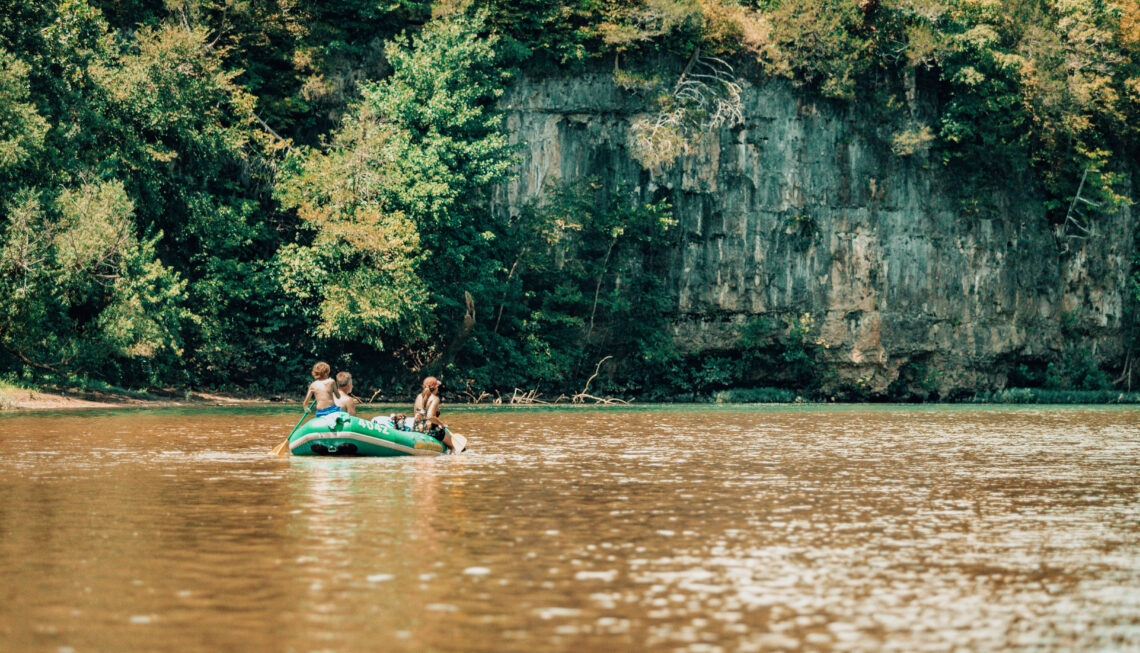Eco-Friendly Camping Tips for Nature-Loving Travelers
Camping Tips
Camping offers a unique opportunity to reconnect with nature while disconnecting from our fast-paced digital lives. However, this connection comes with responsibility – the duty to protect the natural environments we enjoy. Implementing eco-friendly camping practices minimizes your environmental impact while enhancing your outdoor experience through deeper appreciation and connection with nature.
Before heading out, consider how your camping choices affect the environment. Planning ahead allows you to select sustainable camping locations, pack appropriate eco-friendly gear, and prepare for proper waste management. You can significantly reduce your footprint by choosing campgrounds that prioritize environmental protection or by camping on durable surfaces that resist temporary impacts.
The principles of sustainable outdoor practices apply whether you’re hiking through national parks or enjoying a weekend at a local campground. By making conscious decisions about transportation, gear selection, and waste disposal, you can enjoy all the benefits of camping while preserving these special places for future generations.
Planning Your Eco-Friendly Camping Trip
Proper planning is essential for minimizing your environmental impact while enjoying the great outdoors. The right preparation ensures you can connect with nature responsibly while preserving it for future generations.
Selecting Sustainable Gear
Invest in high-quality, durable camping equipment that will last for years rather than disposable alternatives. Look for gear made from recycled materials or those produced by companies with strong environmental commitments.
Consider renting equipment instead of buying, especially for occasional camping trips. This reduces resource consumption and saves storage space at home.
For camping essentials, choose eco-conscious gear like solar-powered lights, rechargeable batteries, and biodegradable soap. Pack reusable water bottles, food containers, and utensils to eliminate single-use plastic waste.
When purchasing a tent, select models made with PVC-free materials and without harmful flame retardants. Sleeping bags filled with recycled synthetic materials or responsibly sourced down offer sustainable warmth.
Eco-Friendly Gear Checklist:
- Solar chargers or hand-crank devices
- Reusable dishware and utensils
- Natural insect repellents
- Biodegradable toiletries
- Reusable water containers
Choosing the Right Campsite
Selecting an appropriate location is crucial for sustainable camping. Choose established campsites whenever possible to avoid creating new impact areas in pristine environments.
Look for campsites that practice sustainable management, such as those with recycling facilities, water conservation measures, or renewable energy sources. Many national parks and private campgrounds now offer eco-friendly amenities.
When camping in undeveloped areas, set up your tent on durable surfaces such as established tent pads, rock, gravel, dry grass, or snow. Avoid camping within 200 feet of lakes, streams, or trails to protect sensitive riparian zones.
Consider the proximity of your camping destination to reduce travel emissions. Choosing local camping locations not only decreases your carbon footprint but often provides unexpected discoveries close to home.
Understanding Leave No Trace Principles
The Leave No Trace philosophy provides essential guidelines for minimizing your environmental impact while camping. These principles help preserve natural spaces for wildlife and future visitors.
Plan ahead and prepare by researching your destination’s regulations, weather conditions, and terrain. Proper planning helps avoid unexpected situations that might lead to environmental damage.
Dispose of waste properly by packing out all trash and leftover food. Use designated facilities for human waste or dig catholes 6-8 inches deep at least 200 feet from water sources, camp areas, and trails.
Leave what you find by preserving the past and protecting natural features. Avoid picking flowers, moving rocks, or taking natural souvenirs. Take photos instead of specimens to preserve memories.
Minimize campfire impact by using established fire rings or a portable camp stove. In areas where fires are permitted, keep them small and burn only small sticks from the ground.
Implementing Eco-Conscious Practices While Camping
Adopting eco-friendly habits during your outdoor adventures helps preserve natural spaces for future generations. These practices involve thoughtful waste management, choosing the right products, and respecting the delicate balance of wildlife habitats.
Minimizing Waste and Proper Disposal
Reducing waste begins before you leave home. Plan your meals carefully to minimize packaging and food waste. Pre-portion ingredients in reusable containers rather than bringing excess packaging into nature.
Bring reusable items instead of disposables. Durable plates, cups, and utensils eliminate the need for single-use plastics. A small washbasin with biodegradable soap allows you to clean these items efficiently.
Follow the “pack it in, pack it out” principle rigorously. Everything you bring to the campsite should leave with you, including food scraps. Many campgrounds offer recycling stations—use them properly.
When washing dishes, strain food particles and pack them out with your trash. Dispose of gray water at least 200 feet from water sources to prevent contamination.
Using Environmentally Safe Products
Choose biodegradable soaps and shampoos specifically formulated for outdoor use. Regular products can harm aquatic ecosystems even in small amounts.
Opt for durable and eco-conscious gear made from sustainable materials. Quality equipment lasts longer and creates less waste over time. Consider renting specialized gear for occasional trips.
Use reef-safe sunscreen and natural insect repellents to protect yourself without harming the environment. Essential oil-based products often provide effective alternatives to chemical options.
Solar-powered chargers and lights eliminate the need for disposable batteries. These sustainable energy solutions have become more affordable and efficient in recent years.
Respecting Wildlife and Natural Resources
Select resistant camping sites in already disturbed areas rather than creating new impacts. Stay on established trails and camping areas to minimize habitat disruption.
Keep a safe distance from wildlife—use binoculars for viewing rather than approaching animals. Never feed wild creatures as this disrupts natural behaviors and can be dangerous.
Practice proper food storage using bear-resistant containers or hanging methods. This prevents wildlife from associating humans with food sources.
Collect only dead and downed wood for fires, and keep fires small and controlled. Better yet, use a camp stove for cooking to eliminate fire impact entirely.
Respect water sources by avoiding activities like washing directly in streams or lakes. Your responsible choices help minimize your environmental footprint while still enjoying the beauty of nature.
